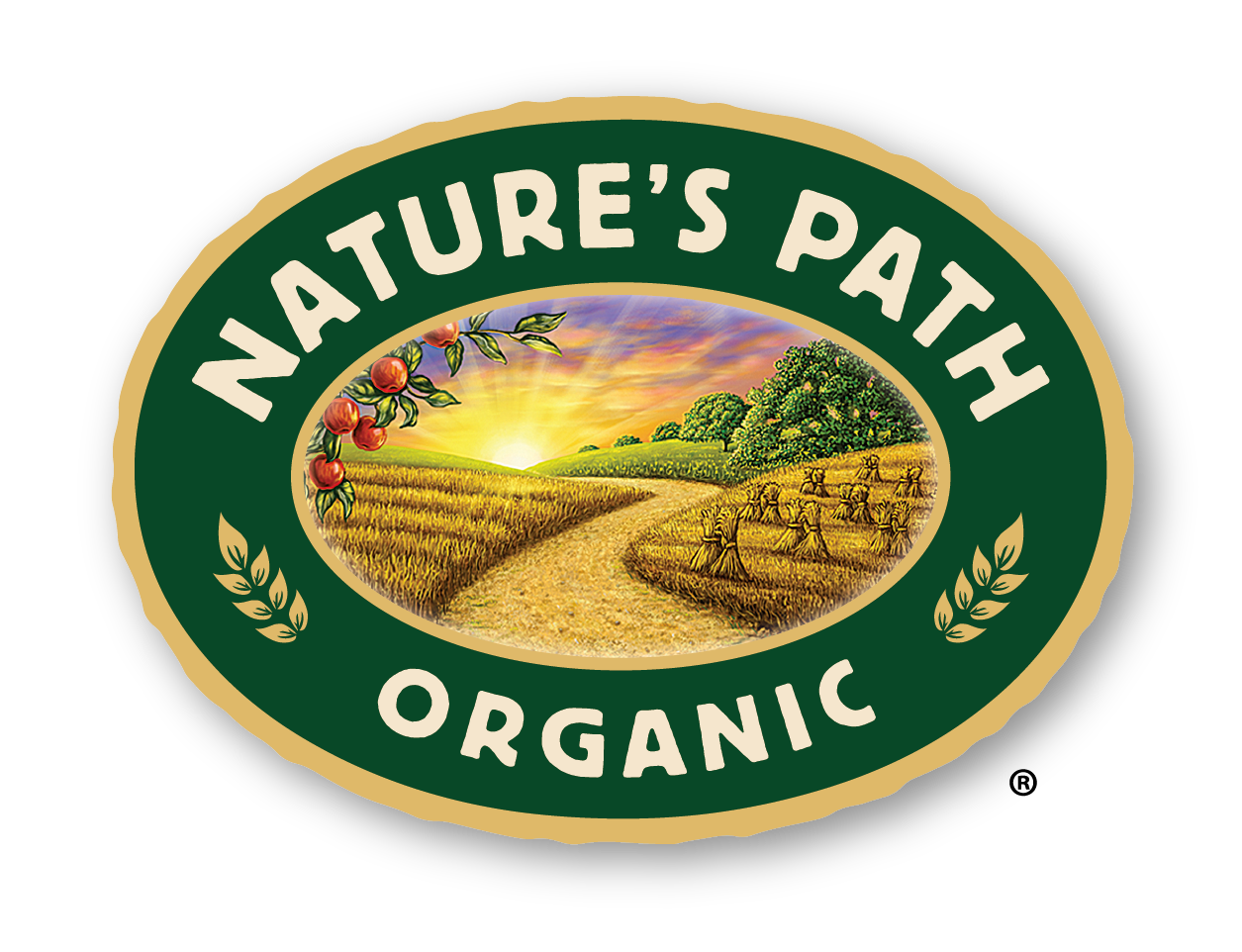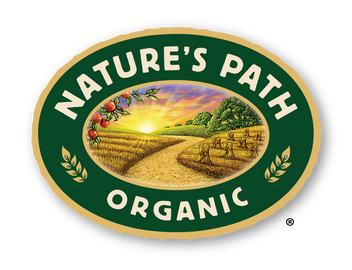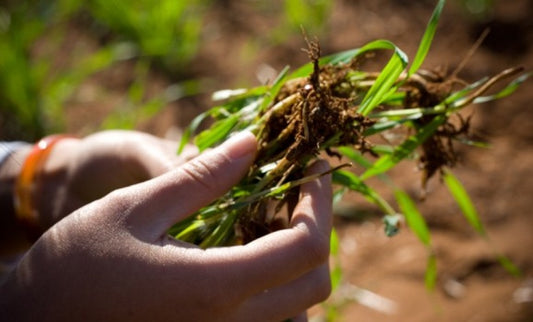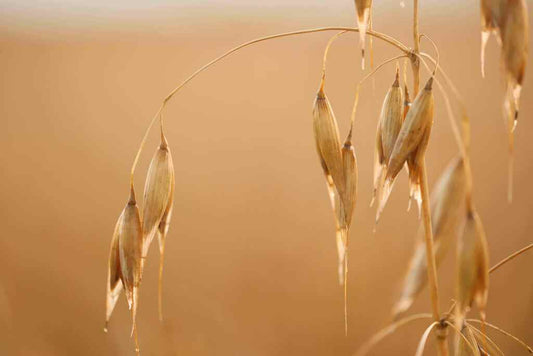How to Store Fruits and Vegetables
1. Apples
If apples aren’t at their perfect ripeness, leave them on the counter. Once they get there, they can last for a month in the fridge. If you like cut apples, rinse them in lime juice to keep them from browning.2. Citrus Fruits
On the counter, citrus fruits can last for around a week (the riper the fruit, the heavier it will be). If you want more time than that, they can last in the fridge for up to a month. Note that putting a citrus fruit in the fridge can disrupt its taste, robbing it of its juiciness.3. Avocados
First of all, yes, it is a fruit. Secondly, putting an avocado in the fridge can make it turn black and halt ripening. If it is already ripe, you can put it in the fridge for a few days to slow down deterioration. If you have eaten half an avocado, wrap up the side with the pit to prevent dramatic oxidization.4. Berries
All berries have different shelf lives, but they are good to refrigerate unwashed, since they are susceptible to mold.- Blueberries can last for around a week in the fridge.
- Raspberries will only last a couple of days.
- If you decide you want more time with them, spread them out evenly on a parchment-lined baking sheet and freeze them.
5. Grapes
Rinsed grapes will only last around a week, while unrinsed grapes can last for three. Keep them in the coldest part of the fridge, or if you decide you need more time, freeze them.6. Bananas
Banana stems are often wrapped for plastic for a reason. It doesn't only keep the bananas bunched together, but the plastic wrap slows the ripening of the bananas. To extend your bananas shelf life to eat them throughout the week, keep the plastic wrap on. You can store your bananas on the counter, or in a basket on top of other fruit to prevent the bananas from bruising.7. Beets
Raw beets can last a very long time, likely months if stored carefully in the fridge. Make sure not to place them in the same drawer as potatoes, as this will decrease the amount of time they stay fresh. Keep them in the bag they came in for best results.8. Peppers
Interestingly, it depends on the colour. Green peppers can last for weeks, while coloured peppers can last for only a week in the fridge.9. Radishes
Radishes should last for 1-2 weeks in the fridge and almost as long if you wash them and detach them from their greenery (which you can save for later). Make sure they are bone dry and store them in a plastic container with paper towels to trap excess moisture.10. Onions
Your mother was right about this one. Onions do best in cool, but not cold environments (so keep them away from the fridge). Don’t store them in a plastic bag and don’t keep potatoes around them (they are clearly not friends). Your onions should be good for 3 months!11. Potatoes
This is another vegetable that thrives in a cool, but not cold environment. Too warm, and you will see sprouts appear and the potato will soften noticeably. Storing in a brown paper sack and a cool drawer should give your potatoes a shelf life of around 2 months.12. Carrots
Whole carrots will last about 4-5 weeks, while baby carrots will only last around 3 weeks13. Tomatoes
Until they are ripe, you can store them in a paper bag. Once they are ripe, keep at room temperature, away from other fruits and vegetables for around 2-3 days. Refrigerating them will keep them longer, but they will have a mealier texture. This can be fine for soups or sauces, but detrimental to fresh salads.14. Broccoli
Keeping your broccoli loose in a plastic bag will help it breathe and last in the fridge for around a week. Broccoli also freezes extremely well!15. Corn
Corn is best super fresh, but you knew that. Three days is about how long it will taste excellent from the fridge. It also freezes beautifully (including whole, but we haven’t tried that yet!).16. Cauliflower
Whole heads of cauliflower can last for around a week in the fridge and precut florets for about 3 days. Stem side down will prevent moisture from collecting in the florets.17. Zucchini
Have a friend who is unloading her zucchini stash on you? One week in a loose plastic bag in the fridge should keep it fresh. If you have too much zucchini and not enough time, chop it and freeze spread out on a silpat before keeping in a plastic bag for around 8 months. Now that you know how to properly store your fruits and vegetables, what should you make with your delicious produce? Here are some seasonal recipe ideas to give you some inspiration.Ready to transform your fresh produce into delicious dishes?
Would you like to be the first to hear about our new products and more? Sign up for our Nature’s Path Newsletter.
References:







